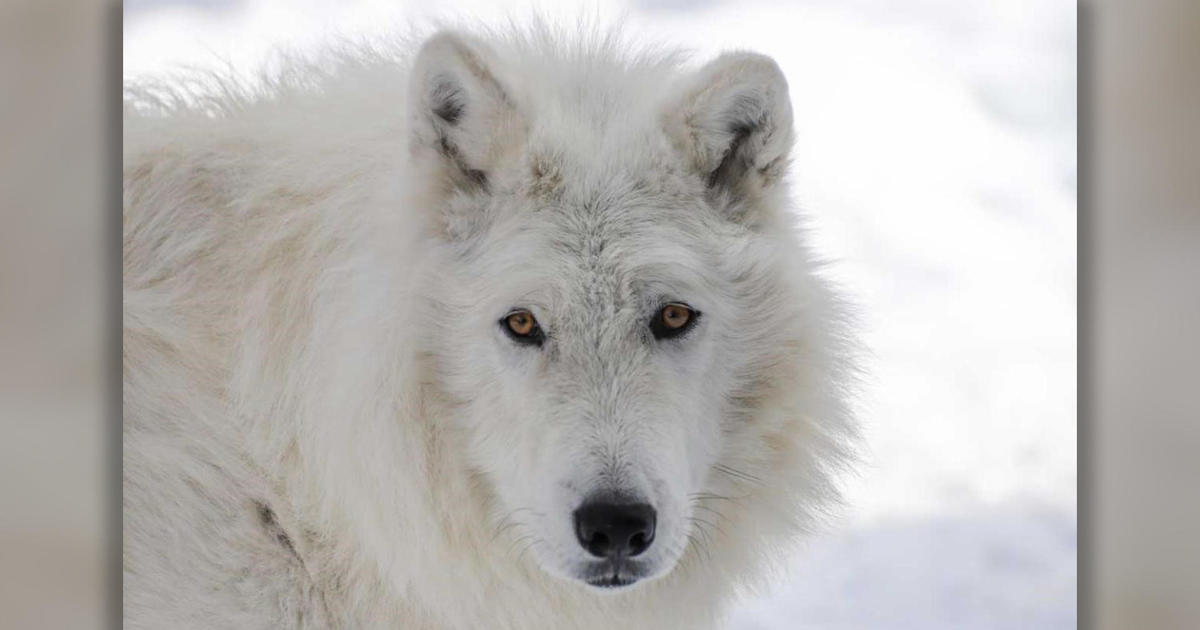Fish & Wildlife Service: No Critical Habitat For Threatened Bats
BLOOMINGTON, Minn. (AP) — The U.S. Fish and Wildlife Service has decided against designating any caves, mines or forests as critical habitat for the northern long-eared bat, the agency said Monday.
The service designated the bat as threatened last year because it's been hit hard by white-nose syndrome, a fungal disease that's deadly to cave-dwelling bats. The service is required under the Endangered Species Act to consider whether certain areas need to be protected to help a species recover, and to designate them as critical habitat unless it determines doing so is "not prudent," which the service has now done.
In a statement, the service said designating winter hibernation sites as critical habitat would increase the risk of vandalism and disturbances at those caves and mines, while the forests that the bats use in summer don't need special protection.
"While critical habitat has a fundamental role to play in recovering many of our nation's most imperiled species, in the case of the northern long-eared bat, whose habitat is not a limiting factor in its survival, designating it could do more harm than good," said Tom Melius, the service's Midwest regional director.
Melius also said the decision will let the service focus on finding a solution to the disease.
Since the discovery of white-nose syndrome in New York state during the winter of 2006-07, the disease or the fungus that causes it has spread to 32 states and five Canadian provinces, killing more than 5.7 million bats that hibernated in caves or mines.
(© Copyright 2016 The Associated Press. All Rights Reserved. This material may not be published, broadcast, rewritten or redistributed.)



